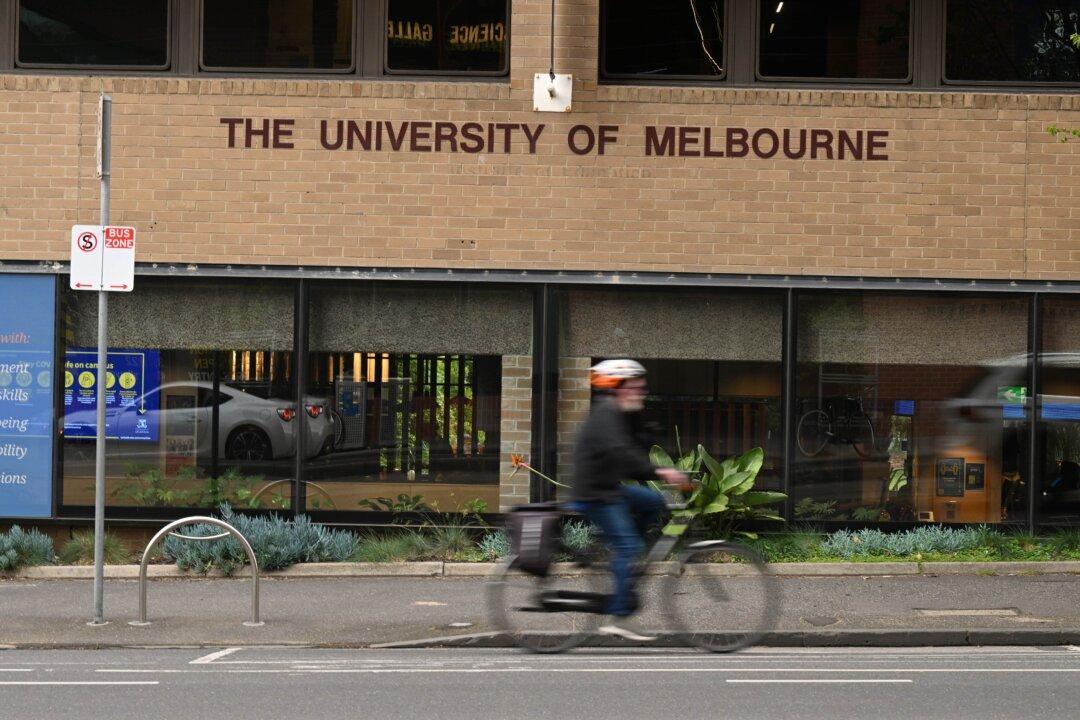The University of Melbourne has agreed to pay back $72 million (US$46 million) to more than 25,000 staff who were underpaid between 2014 and 2024, concluding an investigation by the Fair Work Ombudsman (FWO).
As part of the agreement, the university will undergo significant reforms to improve its workplace compliance systems, including measures to prevent future underpayments.





